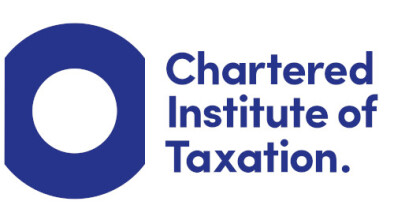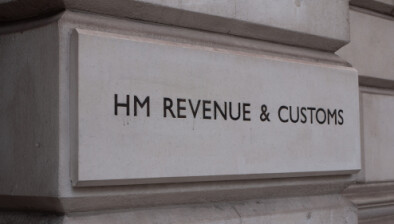Scottish taxpayers to be worse off under UK government tax rises

Alexander Garden
Scottish taxpayers will be worse off under UK government plans to increase National Insurance than those in the rest of the UK, the Chartered Institute of Taxation (CIOT) has said.
Prime Minister Boris Johnson announced this week that rates of National Insurance will increase by 1.25 per cent from April 2022. They will return to their previous levels from 2023/24 when the temporary increase is replaced with a standalone 1.25 per cent surcharge.
The increase in National Insurance rates, and changes to dividend tax, will apply to Scotland as both areas of tax law are reserved to Westminster.
Alexander Garden, chair of the CIOT’s Scottish technical committee, said: “The changes to National Insurance announced by the Prime Minister will apply across the UK. This is because powers over NI are not devolved to the Scottish Parliament.
“For higher earners in Scotland who have employment income between the Scottish and UK higher rate thresholds for income tax (currently £43,662 and £50,270), these changes would mean that next year, this portion of their income would be taxed at a marginal rate of 54.25 per cent, compared to 33.25 per cent for people elsewhere in the UK.
“This is because the upper earnings limit for National Insurance, the point at which the rate of NI paid will fall from 13.25 per cent to 3.25 per cent, is linked to the UK, not Scottish, higher threshold.
“This anomaly has existed since the Scottish and UK higher rate tax thresholds began to diverge in 2017.
“The changes announced today also mean that anyone with employment income of more than £9,568 per year will be asked to pay more. This is below the level of earnings at which income tax starts to be paid.
“Most employees will pay an extra £37.53 per year more than they would have if the government had decided to fund this package through income tax.
“However, if a person is receiving Universal Credit, then at least initially their benefit should be topped up to compensate for some of the loss of income resulting from the NI increase next year. This is because entitlement to Universal Credit is worked out after income tax and NI deductions are taken into account.
“It will be important to clarify whether the new standalone surcharge will be treated in the same way for Universal Credit purposes so claimants know whether they will continue to get this protection once NI rates revert back to normal.”






